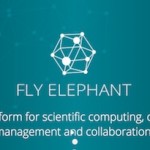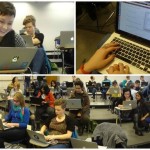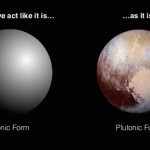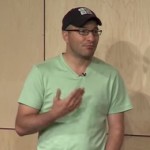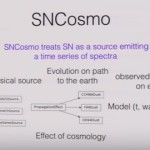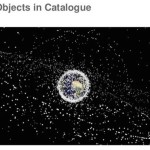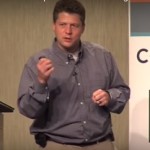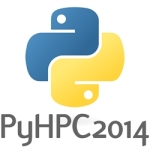Today the good folks at FlyElephant announced support for R, Python, and public API for the participants of its beta testing program.
Video: Democratizing Data Science
“CDSW’s organizers are professional programmers and data scientists and several of us have experience teaching data science in more traditional university and corporate settings. Our talk will describe how “democratized” data science is similar to — and sometimes extremely different from — these more traditional approaches. We will talk about some of the challenges we have faced and highlight some of our most inspirational successes.”
A Systems View of Machine Learning
“Despite the growing abundance of powerful tools, building and deploying machine-learning frameworks into production continues to be major challenge, in both science and industry. I’ll present some particular pain points and cautions for practitioners as well as recent work addressing some of the nagging issues. I advocate for a systems view, which, when expanded beyond the algorithms and codes to the organizational ecosystem, places some interesting constraints on the teams tasked with development and stewardship of ML products.”
Video: Computer Science – America’s Untapped Opportunity
“Software and computers are everywhere, revolutionizing every field around us. But the majority of schools don’t teach computer science. Code.org believes every student should have the opportunity to shape the 21st-century and wants to turn this problem around. This is just the beginning of a bold vision to bring this foundational field to every K-12 public school by 2020.”
Video: Supernova Cosmology with Python
In this video from PyData Seattle 2015, Rahul Biswas from the University of Washington presents: Supernova Cosmology with Python.
Video: High-Throughput Processing of Space Debris Data
“Space Debris are defunct objects in space, including old space vehicles (such as satellites or rocket stages) or fragments from collisions. Space debris can cause great damage to functional space ships and satellites. Thus detection of space debris and prediction of their orbital paths are essential for today’s operation of space missions. The talk shows the Python-based infrastructures BACARDI for gathering and storing space debris data from sensors and Skynet for high-throughput data processing and orbital collision detection.”
Computation at the Edges from PyData Seattle
In this video from PyData Seattle 2015, Van Lindberg from Rackspace presents: Computation at the Edges.
Video: An Intuitive Introduction to the Fourier Transform and FFT
“The fast fourier transform (FFT) algorithm is a powerful tool for looking at time-based measurements in an interesting way, but do you understand what it does? This talk will start from basic geometry and explain what the fourier transform is, how to understand it, why it’s useful and show examples. If you’re collecting time-series data (e.g. heart rate, stock prices, server usage, temperature) the fourier transform can be a useful tool for analyzing the underlying periodic nature of the data.”
Video: Faster Data Processing in Python
In this video from PyCon SG 2015, Anand S. presents: Faster Data Processing in Python. This talk covers methods to process and analyze visualize data faster in Python. The primary focus is on the technique (should you optimize? what to optimize? how to optimize?) while covering libraries that help with this (line_profiler, Pandas, Numba, etc.)
Call for Papers: Workshop on Python for High Performance & Scientific Computing
The 4th Workshop on Python for High Performance and Scientific Computing (PyHPC 2014) has extended its Call for Papers deadline to Sept. 12. The event takes place Nov. 17 in conjunction with SC14.

